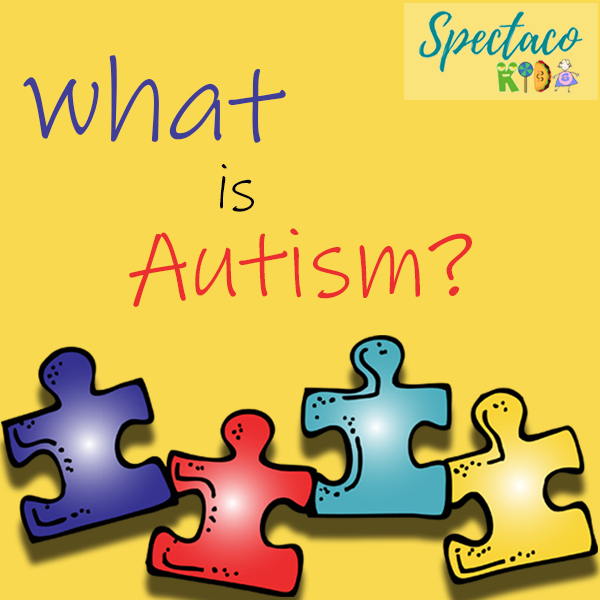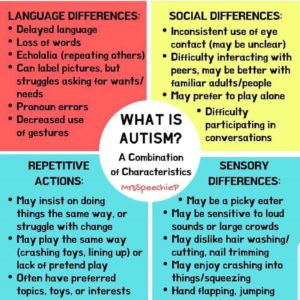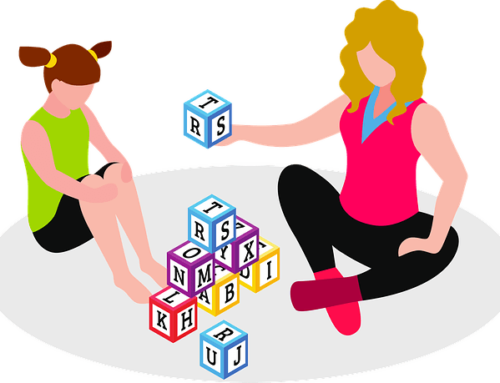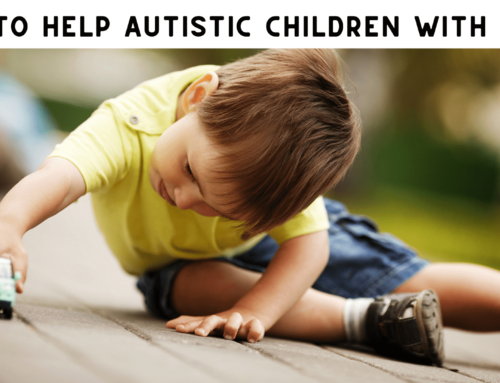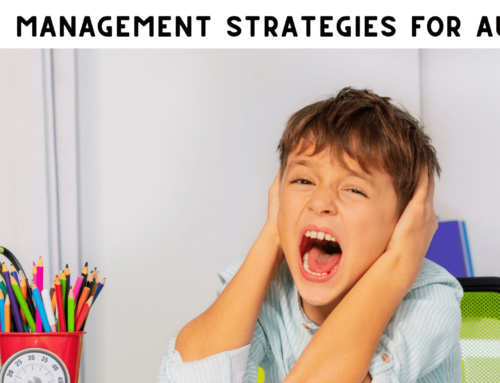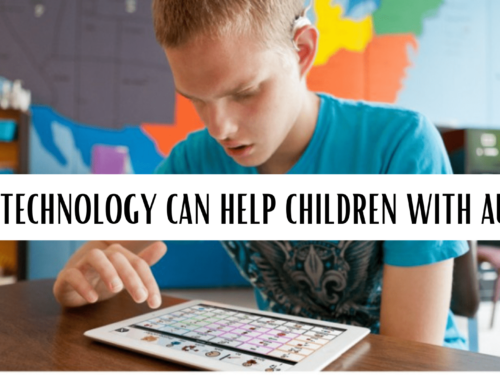[vc_row el_id=”1587842829078-de5bc009-1baa”][vc_column el_id=”1587842829248-856088e2-55a7″][vc_column_text]Sickness is a part of life. Some we face while developing, and some are inborn illnesses. The ones we face while developing are mostly curable or easy to identify. While the inborn ones are sometimes challenging to locate and have fewer chances to get a cure. One of the inborn medical conditions we often hear about is Autism.
Below is the information about what Autism is and if it is curable or not.
Autism:
Autism or medically known as ASD (Autism Spectrum Disorder) is one of the inborn illnesses. Symptoms of Autism usually started to get visible by the age of 2 to 3.
“According to the Centers for Disease Control, autism affects an estimated 1 in 54 children in the United States today.” (Source:https://www.autismspeaks.org/what-autism).
While four times more boys (1 in 37) are affected by autism than girls (1 in 151).
There are three types of people with autism based on the kind of autism they are affected by are listed below
- Who needs constant help and care
- Who requires just a little guidance
- Who are okay doing everything independently
Types:
Till now, Consultants and experts used to discuss different types of autism disorders, But now all of the types have been merged and are known as ASD (Autism Spectrum Disorder). Below are types of autism used before ASD was formed.
Asperger’s Syndrome:
Also known as Aspergers ‘s disorder or Asperger ‘s
Pervasive developmental disorder:
(Not otherwise specified), also known as PDD (NOS) or atypical autism.
Autistic Disorder:
Also known as Autism, childhood autism, early infantile autism or Kanner’s syndrome.
These three disorder ‘s share many of the same symptoms but they differ in their severity and impact
Symptoms:
There are always symptoms to identify any illness or disease. Mentioned below are some of the most common symptoms of Autism:
- Abnormal Body Posturing or Facial Expressions
- Abnormal Tone of Voice
- Avoidance of Eye Contact or Poor Eye Contact.
- Behavioral Disturbances.
- Deficits in Language Comprehension.
- Delay in Learning to Speak.
- Flat or Monotonous Speech.
- Inappropriate Social Interaction.
- Intense Focus on One Topic
- Lack of Empathy
- Lack of Understanding Social Cues
- Learning Disability or Difficulty
- Not Engaging in Play With Peers
- Preoccupation With Specific Topics
- Problems With Two-Way Conversation
- Repeating Words or Phrases
(Source: Autism: Symptoms, Signs, Causes & Treatment)
Causes:
As already elaborated above, Autism is not a disease but an inborn illness which is caused by different individual factors such as: imbalance of metabolism, born to old age parents, exposed to toxins from the environment, and having a history of viral infection.
Curable:
There are a lot of teaching techniques and therapies out there to help with reducing the symptoms of Autism. “However, most professionals believe that there is no cure for ASD.” (Source: Can Autism Be Cured?)[/vc_column_text][/vc_column][/vc_row]
